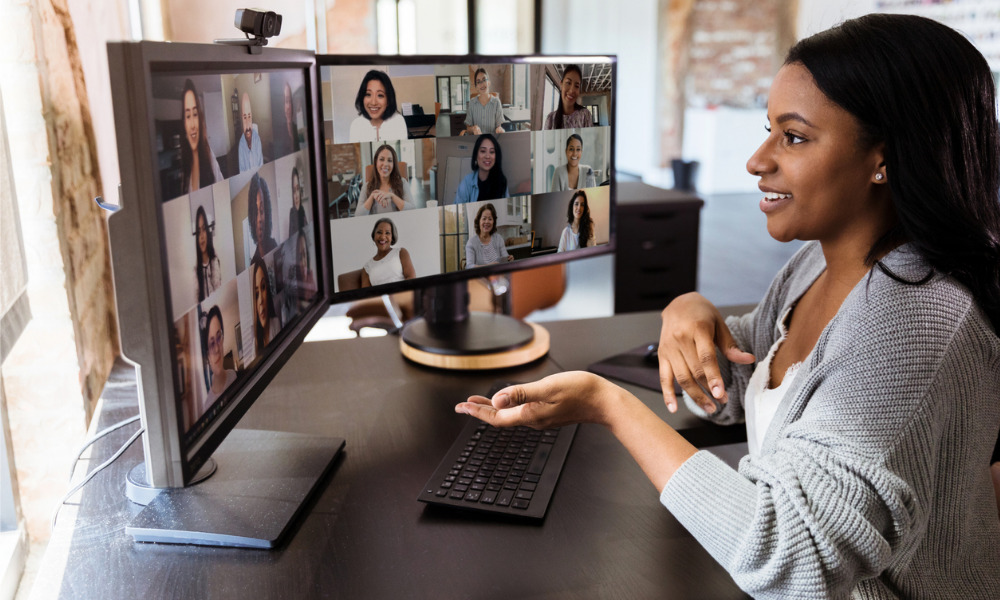
It's even more important when employees are remote

Workplace culture can be anything – inclusive, progressive, energetic. But arguably, the hardest thing for HR to cultivate is a sense of fun. Consider many workplaces are fully remote at the moment – particularly those in Sydney – and creating a fun workplace culture becomes even more difficult.
But it’s at times like these, when what’s going on outside of work is a little scary and overwhelming, that a strong workplace culture becomes even more vital. It means that when people log into their computers each morning, they know they have friends, not just colleagues, sitting on the other side of their screens.
But how can HR play a role in fostering a fun culture, especially if employees are fatigued by virtual alternatives? HRD spoke to Laura Petruccelli, Director of People, APAC, at Contino, a digital transformation consultancy, about how the company keeps the fun alive even in the midst of lockdown.
“We ran a huge amount of virtual social events. We had everything and anything, from cocktail classes to professional comedians running lunchtime comedy sessions. We had bingo sessions and quizzes to get to know each other, which were hugely popular, particularly when we based them around our own Continis and getting to know each other,” she said.
“One of the big initiatives we ran during the really long Melbourne lockdown which was a huge hit was our Contini Olympics. We had weekly challenges, activities and workouts that we ran over Zoom and we included mindfulness and meditation in those challenges as well, so that people were not only looking after their physical health but were encouraged to stop, be present, and take a break from their screens.”
Read more: Flexible working: Is it given or is it earned?
Donut catch-ups, integrated through Slack, were another popular option to facilitate social interaction by randomly pairing employees for a virtual chat. But naturally, what one employee thinks of as fun will be another person’s worst nightmare, particularly in a virtual format. So how do employers cater for a diverse range of personalities?
Petruccelli said taking a one-size-fits-all approach to culture is never going to be successful. Instead, she said, it’s about offering various options and thinking carefully about the needs of your people. For example, during the school holidays Contino partnered with Junior Engineers to run a virtual coding club for employees’ children. Not only did it help overwhelmed parents struggling to entertain their children during lockdown, but it showed the company was being intentional in its approach. A calendar helps to map out key dates like school holidays, global awareness weeks, and events like the company’s bi-annual breakfast and mid-year ball. This mix of in person and virtual events gives employees choice – something Petruccelli said is vital to avoid staff feeling forced to attend.
Read more: Workplace COVID-19 vaccinations could begin in September
She believes that like a blossoming garden, brilliant culture is something that needs to be cultivated over time and urged HR leaders at the beginning of the journey to start off small. Comparing your culture to the likes of big budget corporates and tech giants is counterproductive, and will only serve to making it more difficult to get started,
“Listen to your people,” she said. “Ask them, don’t assume, ask. Do a poll, invite feedback, and then act on that to address what they need. It begins with small tweaks and there are so many free resources out there that organisations can take on board or use to connect with their people.
“A culture exists, regardless of whether you are conscious of it or not. But it’s about the foundations and asking what are the supporting mechanisms that you put in place to corral that culture into something that you want.”